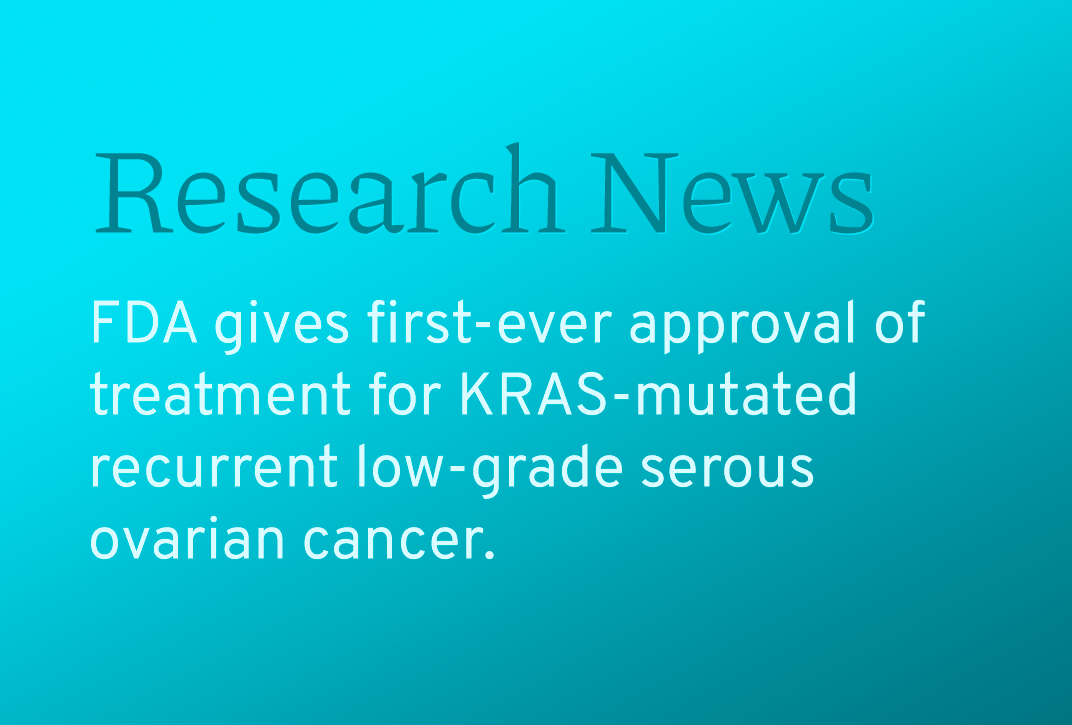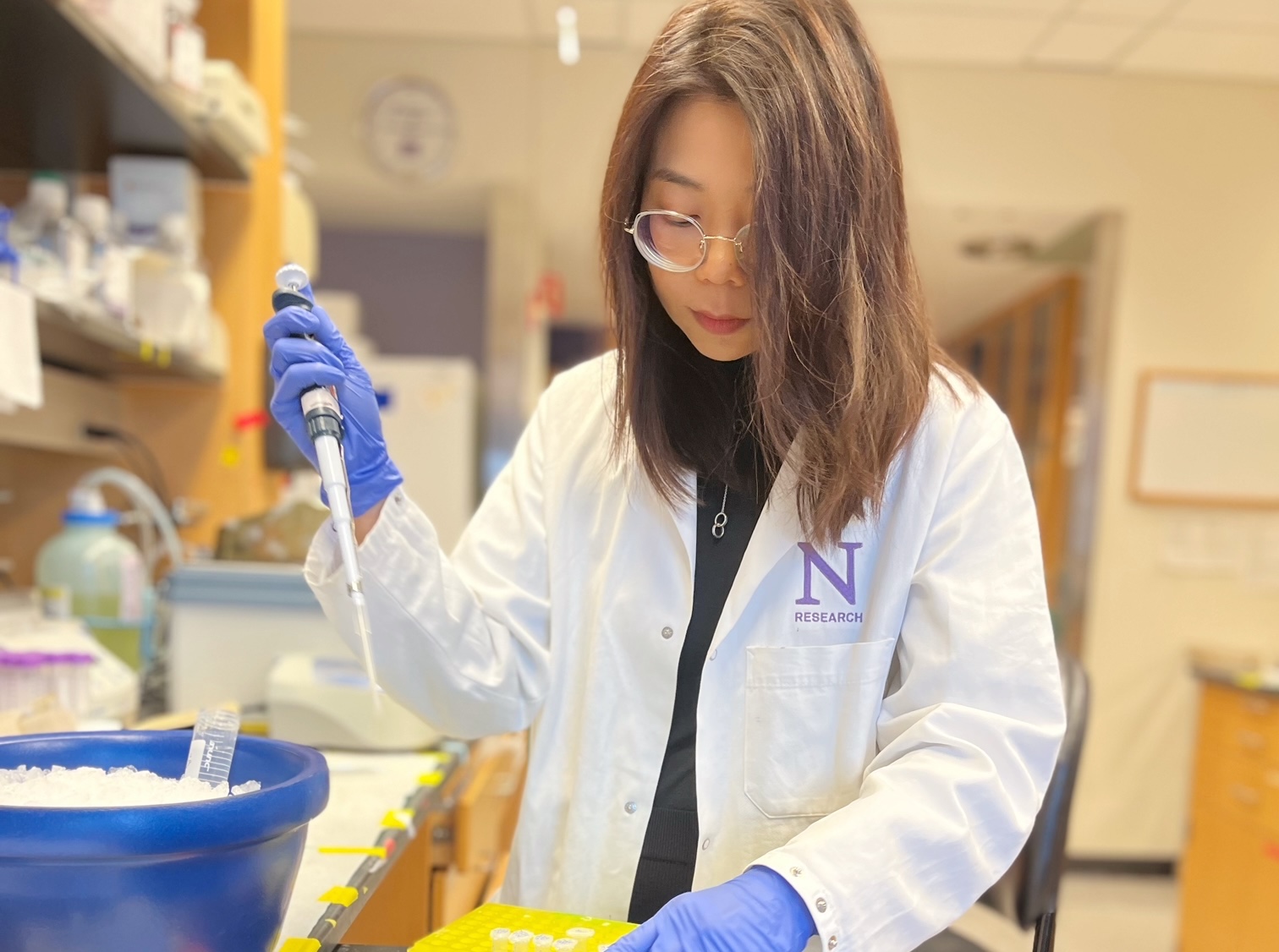A new study conducted by Cancer Research UK has identified chemical “tags” on DNA in patients’ tumors that could help doctors decide the type of chemotherapy women with advanced ovarian cancer should receive. The research was published in Clinical Cancer Research.
These tags, known as epigenetic markers, could be used to assess whether patients will benefit from their current treatment or if other drugs should be tried, as well as indicating whether their cancer is likely to come back. Cancer Research UK scientists from Imperial College London and the Institute of Cancer Research, London, found these tags at genes known to be linked with ovarian cancer.
They found 29 markers that identified how quickly a patient’s tumor came back after standard treatment. Of these, epigenetic markers at three genes, NKD1, VEGFB and PRDX2, were found to be most strongly associated with how well a patient’s tumor would respond to carboplatin-based chemotherapy, the front-line treatment, and how long a patient would be in remission.
In addition, some of the markers identified were at genes that may be targets for another type of chemotherapy drug, bevacizumab (Avastin), which is known to improve survival of ovarian cancer patients when used in combination with carboplatin-based chemotherapy. These epigenetic markers may help to select patients who will particularly benefit from this treatment.
Click here to read more.


